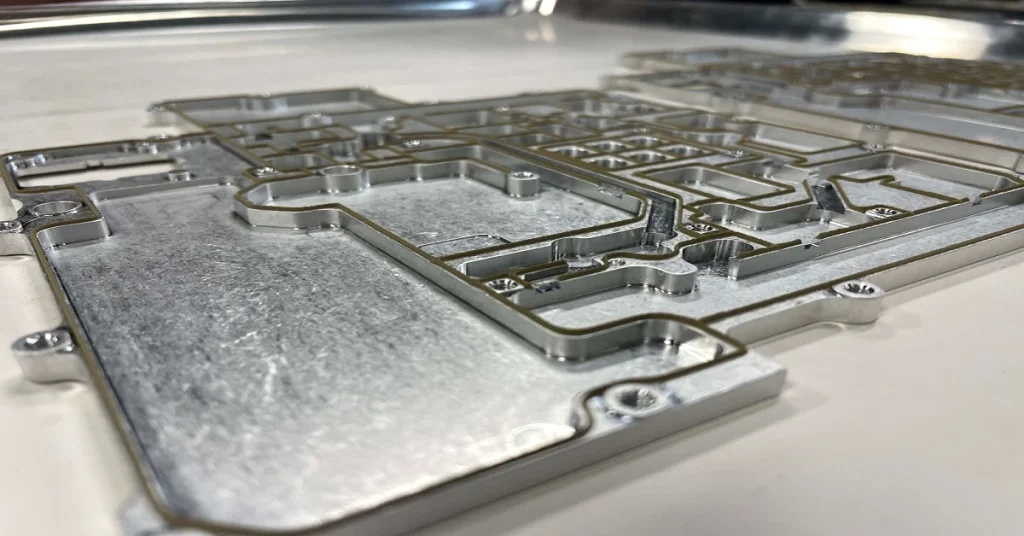In today’s world of interconnected technology, maintaining the integrity and performance of sensitive electronic equipment is essential. One of the most reliable ways to achieve this is through the use of rf shielding materials. These advanced solutions help block unwanted electromagnetic interference EMI and ensure that systems operate without disruption, making them vital in modern industries and research environments.
Understanding RF Shielding and Its Importance
RF shielding is designed to prevent the transmission of electromagnetic waves between different components or environments. It acts as a barrier that keeps unwanted signals out while maintaining proper internal communication.
Key Benefits Include:
- Prevention of Data Corruption: Protects systems from interference that can cause data loss or transmission errors.
- Enhanced Equipment Longevity: Reduces the wear and tear caused by electromagnetic stress on components.
- Improved System Performance: Ensures devices operate at peak efficiency without cross-signal interruptions.
- Safety and Reliability: Supports safe operation in environments where high-frequency equipment is in use.

Types of Effective RF Shielding Materials
Different materials provide unique advantages depending on the equipment and environment. Commonly used RF shielding materials include metals, composites, and conductive coatings.
Popular Material Categories:
- Copper: Offers high conductivity and strong shielding efficiency.
- Aluminum: Lightweight and corrosion-resistant, ideal for portable equipment.
- Nickel and Silver-Coated Fabrics: Provide flexibility for dynamic or compact applications.
- Conductive Foams and Gaskets: Suitable for sealing enclosures and ensuring continuous protection.
Each of these materials is designed to manage frequency ranges effectively while maintaining mechanical strength and durability.
Applications of RF Shielding in Modern Technology
The use of RF shielding extends across multiple fields, ensuring smooth operations in both commercial and industrial setups.
Common Applications Include:
- Medical Devices: Protects life-saving instruments from external signal interference.
- Telecommunication Systems: Enhances clarity and reduces signal distortion.
- Automotive Electronics: Safeguards advanced control and navigation systems.
- Research Laboratories: Ensures accurate data collection and controlled testing environments.
Selecting the Right RF Shielding Solution
Choosing the right shielding material depends on the device sensitivity, operating frequency, and environmental conditions.
Key Considerations:
- Frequency Range: Match the shielding material to the specific electromagnetic spectrum in use.
- Durability: Select materials that can withstand environmental exposure and operational stress.
- Flexibility: For portable or wearable devices, lightweight and adaptable materials are ideal.
- Cost-Efficiency: Balance performance with long-term affordability and maintenance needs.
Conclusion: Building a Secure and Efficient Future
By integrating effective rf shielding materials, organizations can protect valuable electronic systems from interference and enhance their overall performance. As technology continues to evolve, the demand for reliable electromagnetic protection grows stronger. Investing in high-quality shielding solutions not only safeguards sensitive equipment but also promotes a more secure, efficient, and innovative technological landscape.
